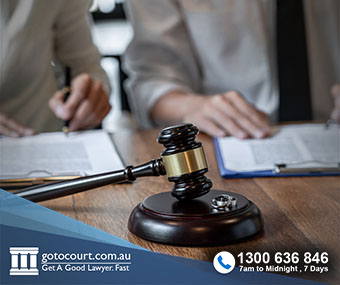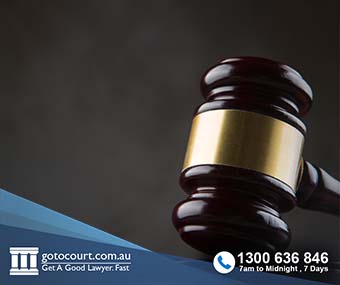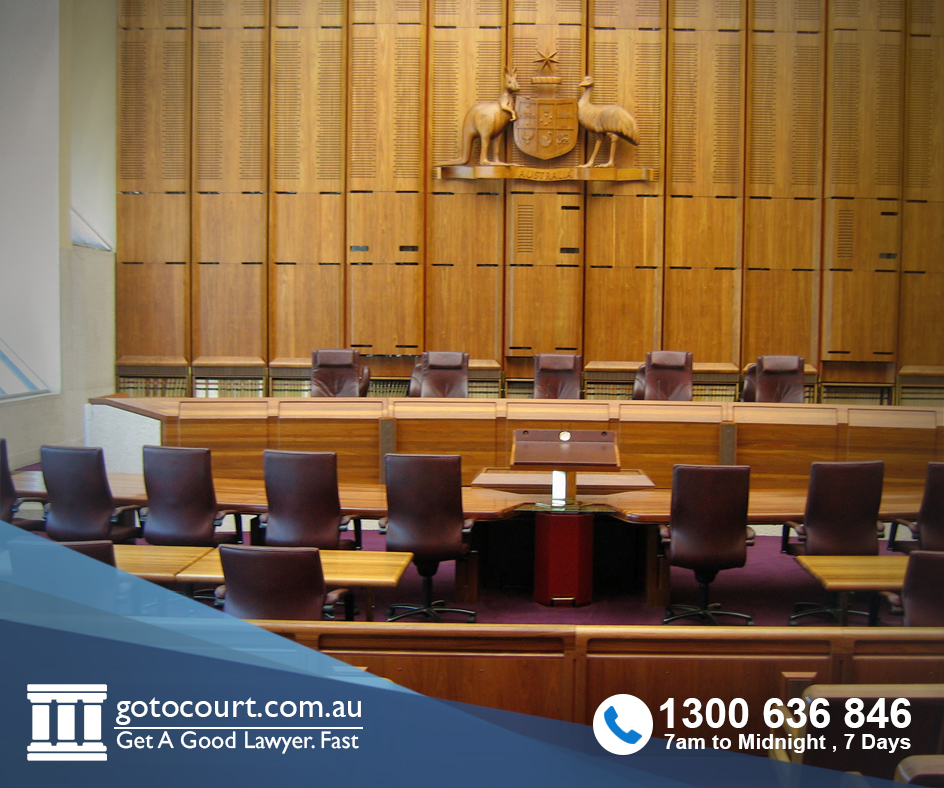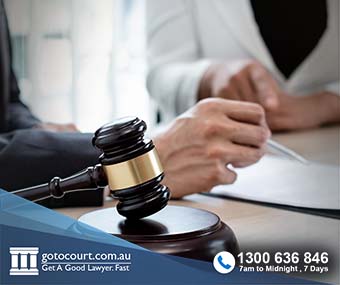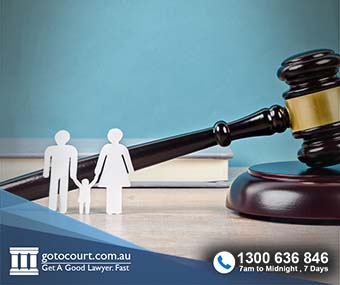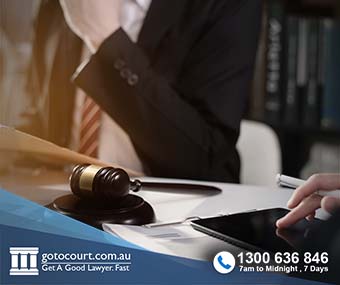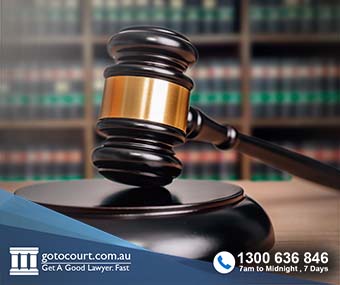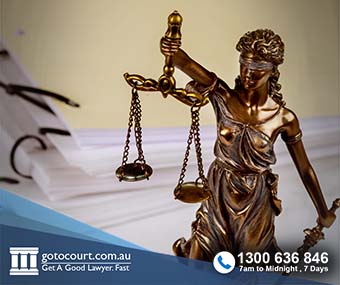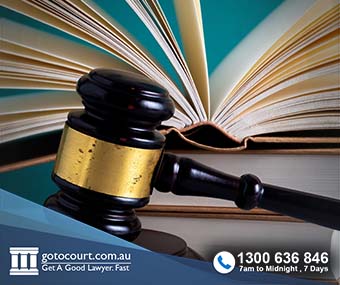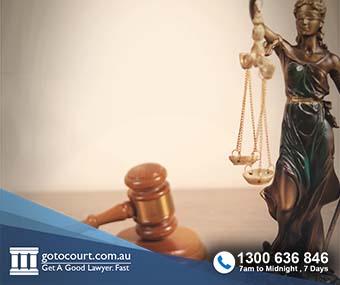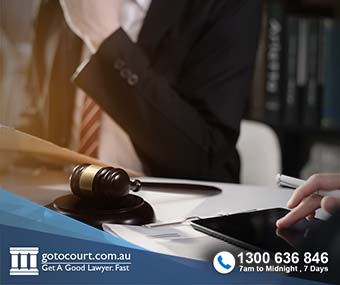Appeals Against Local Court Decisions (NSW)
Appeals Against Local Court Decisions (NSW)
In some instances, it is possible to appeal a decision made by the Local Court of New South Wales. If you are considering lodging an appeal, it is strongly recommended that you seek legal advice to determine whether your appeal has prospects of success. Appeals can be lodged against a verdict of the Local Court or against the sentence imposed in a criminal matter. Both Prosecution and Defence have the right to appeal a decision if they believe it to be unjust or if they consider the court made an error of law. This article will deal with appeals by the defence.
Severity appeals
If a person is found guilty or has pleaded guilty in the Local Court but believes that the penalty imposed is excessive, an appeal can be made to the District Court. Appeals must be lodged within 28 days of the Local Court handing down its decision. This type of appeal is known as a severity appeal.
Once a severity appeal has been lodged with the District Court, the original conviction and/or penalty is usually ‘stayed’. This means that the penalty is put on hold pending the outcome of the appeal. It is important to note that there are exceptions, and it is best to seek legal advice to determine whether the sentence imposed by the Local Court will be stayed in your matter.
Where the appellant has been sentenced to a term of imprisonment, the defence may make an application for appeal bail. If the application is successful, the appellant will be on bail for the period up until the appeal date. If the applicant is refused bail, then the sentence imposed by the Local Court continues to be in force and the appellant will remain in custody until the appeal.
At the appeal, the District Court will review the sentence that was imposed by the Local Court. The District Court will hear submissions by the appellant and/or review further evidence that is presented to the court when reviewing the original sentence. After considering all relevant material, the District Court may set aside the original sentence, vary the original sentence or dismiss the severity appeal. If the severity appeal is dismissed, then the original sentence imposed by the Local Court stands.
Many appellants who lodge severity appeals are concerned that if they are unsuccessful, they might be subjected to a harsher penalty than their original sentence. If the District Court is considering imposing a harsher penalty in a defence appeal, it must give the defendant what is known as a ‘Parker warning’. This means that it is considering increasing the original sentence. If the District Court gives a Parker warning the applicant has the option of withdrawing the appeal, meaning that the original sentence stands. However, if the appellant chooses to continue with the appeal despite the Parker warning the District Court may impose a harsher penalty. It is important to note that this does not mean that the District Court will impose a harsher penalty.
Conviction appeals
If the Local Court has convicted an accused of an offence, the person can appeal against the conviction. This appeal must be lodged within 28 days of the Local Court decision. This is known as an ‘all grounds’ or ‘conviction appeal’.
If a conviction appeal is made more than 28 days but less than three months after the Local Court decision, it is possible to apply to the District Court for permission to lodge the appeal out of time. It is important to note that an application to lodge a conviction appeal cannot be made after three months have passed.
In conviction appeals, it is common for a transcript of the original proceedings to be given to the District Court. Unlike in severity appeals, the Crimes (Appeal & Review) Act 2001 provides that an appeal against a conviction should be by way of rehearing the evidence given in the original Local Court proceedings. While it is possible to introduce fresh evidence in a conviction appeal, this can only be done after permission is granted by the District Court. The Court must be satisfied that it is in the interests of justice that the fresh evidence is introduced.
If the Local Court makes a decision in your absence
If a decision was made by the Local Court of New South Wales in the defendant’s absence, the defence can make an application to the Local Court to annul that decision under Section 4 of the Crimes (Appeal and Review) Act 2001. An annulment application should be made within two years of the Local Court decision being made. However, it is possible to seek permission from the court to file an annulment application after this time.
When determining the outcome of an annulment application, the Local Court will have regard to the following:
- Whether the applicant was aware of the original Local Court Proceedings;
- Whether the applicant was sentenced in their absence;
- Whether the applicant could not take part in the original Local Court Proceedings due to illness, accident, misadventure or some other significant cause; and
- Having regard to the circumstances, whether it is appropriate to grant the application in the interests of justice.
To support the application, the applicant should prepare an affidavit in support explaining why they are asking the court to grant an annulment. They should also bring any relevant supporting documentation with them on the court date.
If the annulment application is successful, the decision of the local court does not stand. The applicant should then be prepared to enter a plea of guilty or not guilty so that the matter can proceed accordingly. If the annulment application is unsuccessful, the conviction and penalty of the Local Court stands. However, it may be possible to appeal the severity of that sentence.
Successfully running an appeal against a conviction or a sentence is complex. It is therefore important to seek legal advice as soon as possible if you are considering lodging an appeal.
If you would like legal advice or representation in a criminal law matter or in any other legal matter, please contact Go To Court Lawyers.

Affordable Lawyers
Our Go To Court Lawyers will assist you in all areas of law. We specialise in providing legal advice urgently – at the time when you need it most. If you need a lawyer right now, today, we can help you – no matter where you are in Australia.How It Works




1. You speak directly to a lawyer
When you call the Go To Court Legal Hotline, you will be connected directly to a lawyer, every time.

2. Get your legal situation assessed
We determine the best way forward in your legal matter, free of charge. If you want to go ahead and book a face-to-face appointment, we will connect you with a specialist in your local area.

3. We arrange everything as needed
If you want to go ahead and book a fact-to-face appointment, we will connect you with a specialist in your local area no matter where you are and even at very short notice.

